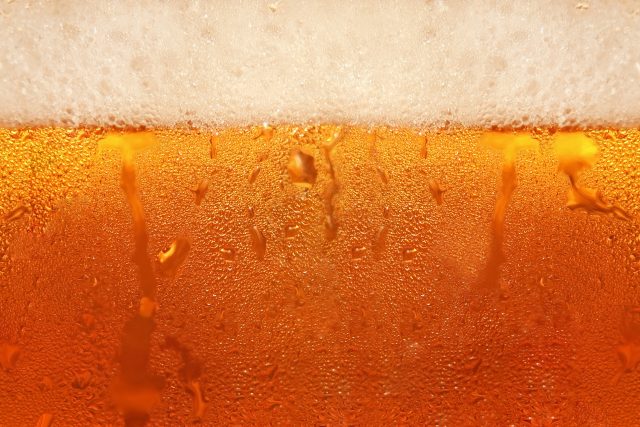This website uses cookies so that we can provide you with the best user experience possible. Cookie information is stored in your browser and performs functions such as recognising you when you return to our website and helping our team to understand which sections of the website you find most interesting and useful.
Non-alcoholic beer ‘breeding ground for bacteria’
A recent scientific study has suggested that non-alcoholic beer may be far more susceptible to bacterial growth than low-alcoholic beer.

According to the conclusions of the work, published in the Journal of Food Protection, alcohol content and storage temperature were the most significant determinants of bacterial growth, with non-alcoholic beer being far more susceptible to microbial growth than low-alcoholic beer.
The scientists investigated the effects of antimicrobial variables, including storage temperatures, pH, and ethanol concentrations, on common bacterial populations in low- and non-alcoholic beer. They inoculated non-alcoholic beer with five bacterial strains and then monitored bacterial populations across a 63 day period.
The findings suggest low-alcoholic beers prevent pathogen growth, but non-alcoholic beers allow it.
Normal alcoholic beers are normally immune to foodborne pathogens due their properties and production, including ethanol, hops, low sugar and carbon dioxide, and boiling, filtration, refrigeration and cold chain storage.
But lower than 3.5% ABV beers, with lower ethanol concentrations, could be susceptible to bacterial contamination along the production cycle, with concern growing that foodborne pathogen research is currently mainly restricted to traditional higher ABV beers and a lack of data on non-alcoholic products.
The recent study aimed to plug the gap by investigating the impacts of ethanol concentration, storage temperature, and pH on the growth of five strains of Escherichia coli (E. coli), Salmonella enterica, and Listeria monocytigenes in low- to no alcohol-containing beers.
Non-alcoholic canned beers had E.coli and the other strains added and were stored at four and 14°C for 63 days. Periodic sampling was then taken to test for pathogen growth.
E. coli and S. enterica survived in low- and non-alcoholic beer at all temperatures, pH, and % ABV under the study, but L. monocytogenes was observed to be less resilient, declining after a few days. In addition, pH was associated with declines across tested strains but at 14°C storage conditions, E. coli and S. enterica populations grew regardless of pH. But L. monocytogenes resulted in more profound population declines at higher temperatures.
In low alcohol beers at 3.2% ABV all microbes declined at 4°C but at 14°C, E. coli and S. enterica declined but persisted throughout the 63 day period.
The news comes as the UK Government currently is consulting on the definition of ‘alcohol-free’ with the potential to move the boundary from 0.0% ABV to 0.5% ABV.

